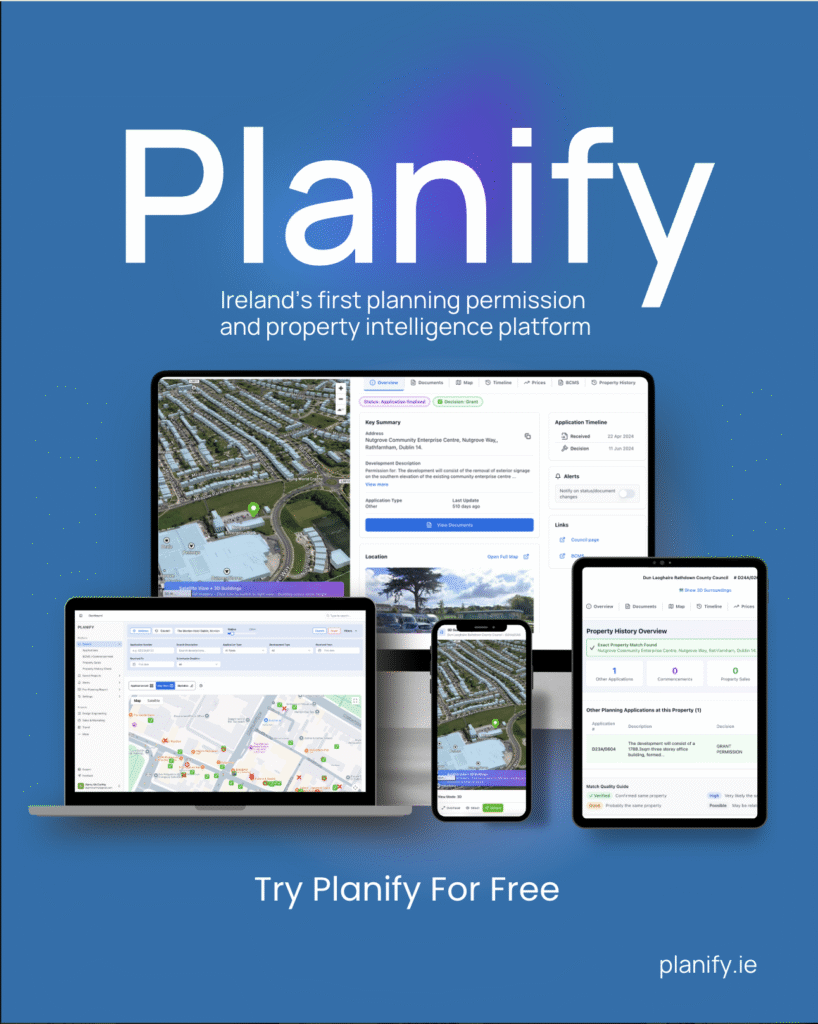Financial Considerations for Large Scale Residential Developments

Introduction
Financial considerations play a crucial role in the planning and development of large-scale residential projects. Understanding and effectively managing these financial aspects are essential for ensuring the viability and success of a development. This guide delves into the key financial considerations, focusing on development contributions, and other potential costs associated with the planning permission process for large-scale residential developments.
Development Contributions
Development contributions are fees charged by local authorities to developers of residential, commercial, and other types of developments. These fees are levied to cover the cost of providing public infrastructure and services necessitated by the new development, such as roads, water supply, sewage treatment, and public parks. The rationale behind these contributions is that developers should bear a fair share of the costs for the additional public infrastructure and services their projects require.
Calculating Development Contributions: The method for calculating development contributions varies between local authorities but generally involves a formula that considers the size and type of the development. For large-scale residential developments, the contributions can be significant, given the increased demand these projects place on local infrastructure and services. Local authorities publish development contribution schemes, which detail the rates and calculation methods, providing developers with the necessary information to estimate these costs early in the planning process.
Negotiating Development Contributions: In some cases, developers may negotiate the amount or terms of development contributions with the local authority, especially if the project includes elements of public benefit, such as affordable housing or community facilities. These negotiations must be approached carefully, with a clear understanding of the local authority’s priorities and requirements.
Other Financial Considerations in the Planning Permission Process
Beyond development contributions, several other potential costs are associated with obtaining planning permission for large-scale residential developments. These include:
- Application Fees: Planning application fees are payable to the local authority when submitting a planning application. The fee structure varies depending on the size and type of development, with larger projects incurring higher fees.
- Environmental Impact Assessments (EIA) and Reports: For developments that require an EIA or other specialized reports (e.g., traffic impact assessments, archaeological assessments), the costs can be substantial. These assessments involve engaging consultants and experts to conduct studies and prepare reports, which are critical components of the planning application.
- Legal and Professional Fees: The complexity of large-scale residential developments often necessitates legal and professional advice. This includes solicitors, planning consultants, architects, and engineers, whose expertise is essential for navigating the planning process, addressing compliance issues, and ensuring the project meets all regulatory requirements.
- Public Consultation and Engagement Costs: Effective community engagement and public consultation processes can incur costs, including organising public meetings, producing informational materials, and potentially, digital engagement platforms. These activities, while requiring investment, are crucial for gaining community support and facilitating a smoother planning process.
- Contingency Funds: It’s advisable to allocate contingency funds to cover unexpected costs or delays in the planning process. These funds can help manage risks associated with legal challenges, changes in regulatory requirements, or additional mitigation measures required by the planning authority.
Conclusion
Financial planning is a critical aspect of developing large-scale residential projects. Developers must carefully consider and budget for development contributions and the various costs associated with the planning permission process. By understanding these financial considerations, developers can better prepare their projects for success, ensuring they are viable, compliant with local regulations, and contribute positively to the community. Effective financial planning also involves exploring opportunities for reducing costs, such as negotiating development contributions and efficiently managing the planning and consultation processes.
FEEDBACK!
We hope you found what you were searching for on this page or found the information valuable.
If not, or if you feel we are missing important information please get in touch!





